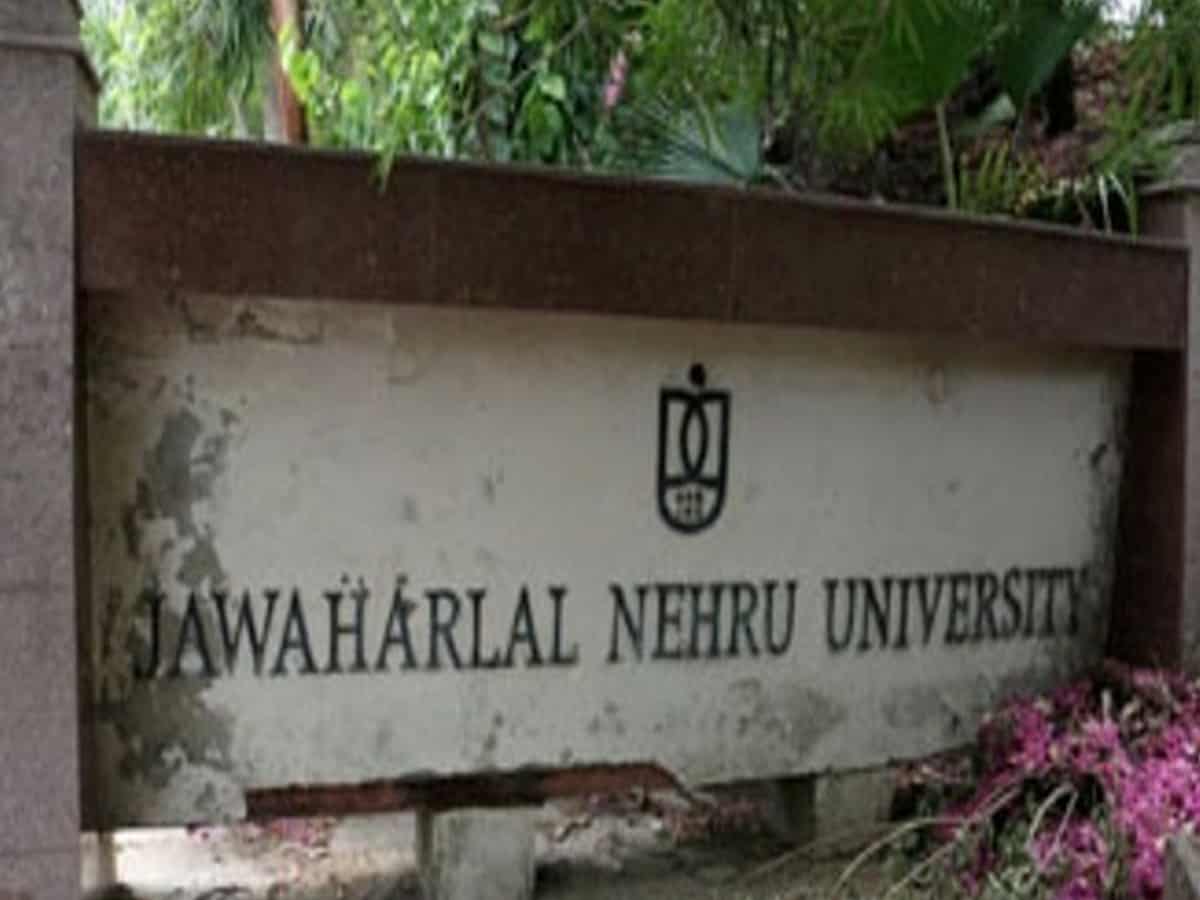
New Delhi: The Jawaharlal Nehru University Teachers’ Association has expressed dismay over discontinuation of the Maulana Azad National Fellowship for minority students and called it an attack on the values of “inclusivity and democracy” integral to the higher education system required in India.
In a written reply in Lok Sabha, Minority Affairs Minister Smriti Irani had said the government provided fellowship for higher education through various schemes, including the Maulana Azad National Fellowship, implemented by different ministries or departments.
All these schemes, except the Maulana Azad National Fellowship, are open for candidates of all communities, including minorities, but the data of fellowship distributed among minority students is captured only under the Maulana Azad National Fellowship scheme, she had said.
“Since the MANF (Maulana Azad National Fellowship) scheme overlaps with various other fellowship schemes for higher education being implemented by the government and minority students are already covered under such schemes, hence the government has decided to discontinue the MANF Scheme from 2022-23,” Irani had said.
The Centre’s pre-matric scholarship for minority students will also no longer apply to those from Class 1 to Class 8.
In a statement, the Jawaharlal Nehru University Teachers’ Association (JNUTA) demanded an immediate reversal of the “anti-minority policy” evident in the withdrawal of the fellowship.
“The JNU Teachers’ Association notes with deep dismay the media reports appearing on December 10, 2022, that the Ministry of Minority Affairs has decided to withdraw the Maulana Azad Fellowship (MAF), a five-year fellowship provided by the Centre in the form of financial assistance to six notified minority communities — Muslims, Buddhists, Christians, Jains, Parsis and Sikhs, to pursue PhDs,” the JNUTA said in a statement.
It also noted that academic excellence could only thrive in an environment that was not only free and devoid of fear but one that actively sought to remove social disadvantages.
This policy decision to withdraw a fellowship intended to promote higher education among minority communities is an attack on the values of inclusivity and democracy that are integral to the higher education system that India requires, the organisation said.
“The JNUTA demands an immediate reversal of the anti-minority policy evident in the withdrawal of the MAF and the upholding of the democratic rights of all teachers to participate in higher education with dignity and without fear,” it said.
